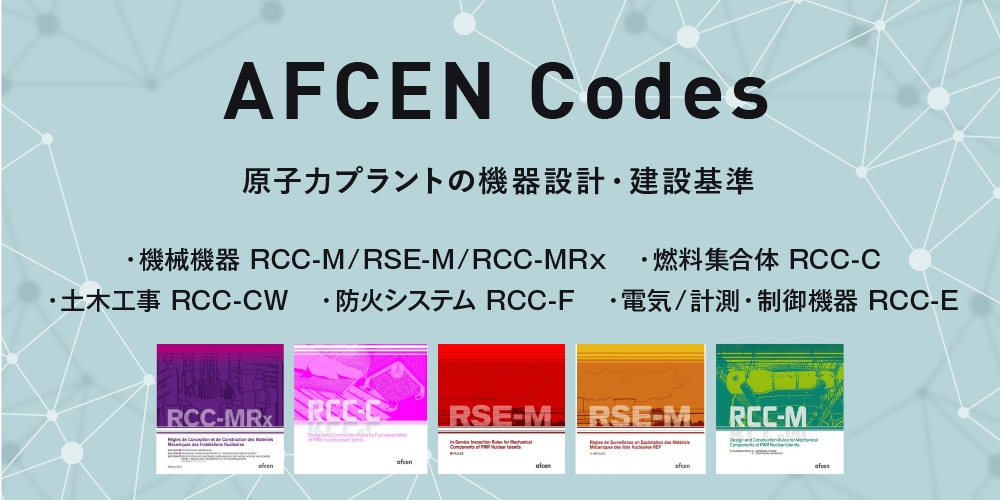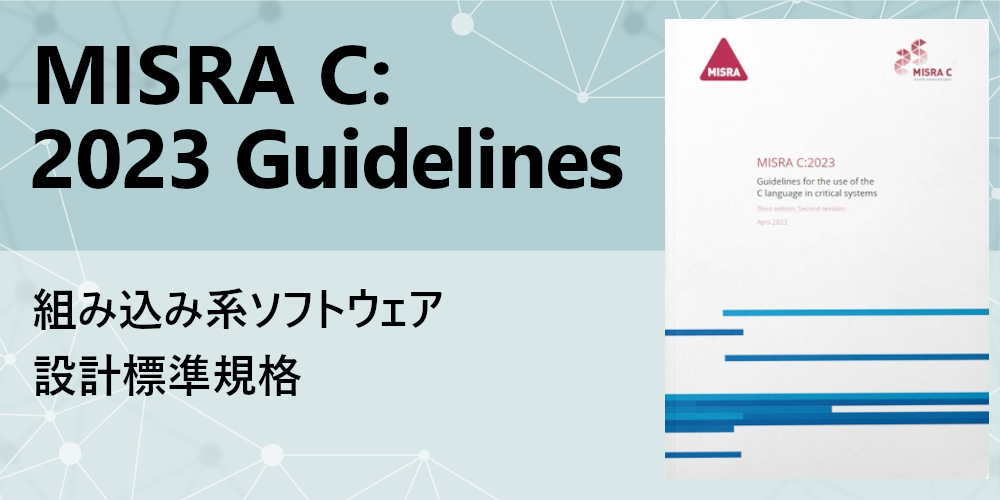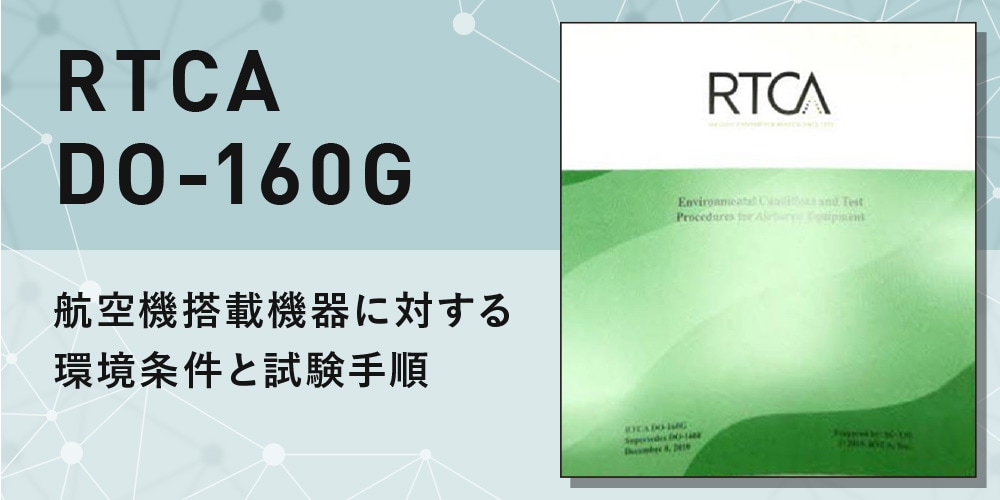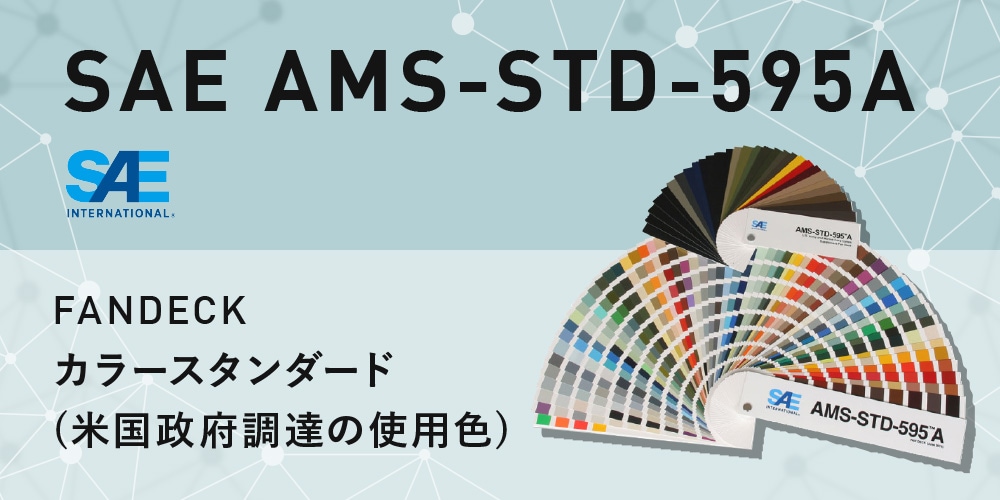Rechargeable Organic Batteries: Materials, Mechanisms, and Prospects, 充電式有機電池: 材料、メカニズム、そして展望, 9783527839124, 978-3-527-83912-4【電子書籍 / 1ユーザー】

御見積ご希望の場合は別途お問い合わせください。
Description
Organic electrode materials have the potential to overcome the intrinsic limitations of transition metal oxides as cathodes in rechargeable batteries. As promising alternatives to metal-based batteries, organic batteries are renewable, low-cost, and would enable a greener rechargeable world.
Rechargeable Organic Batteries is an up-to-date reference and guide to the next generation of sustainable organic electrodes. Focused exclusively on organic electrode materials for rechargeable batteries, this unique volume provides comprehensive coverage of the structures, advantages, properties, reaction mechanisms, and performance of various types of organic cathodes.
In-depth chapters examine carbonyl-, organosulfur-, radical-, and organometallic complexes, as well as polymer-based active materials for electrochemical energy storage (EES) technologies. Throughout the book, possible application cases and potential challenges are discussed in detail.
- Presents advanced characterization methods for verifying redox mechanisms of organic materials
- Examines recent advances in carbonyl-based small-molecule cathode materials in battery systems including lithium-ion, sodium-ion, and aqueous zinc-ion batteries
- Introduces organosulfide-inorganic composite cathodes with high electrical conductivity and fast reaction kinetics
- Outlines research progress on radical electrode materials, polymer-based organic cathode materials, and the development of all-organic batteries
- Summarizes the synthesis processes, redox mechanisms, and electrochemical performance of different kinds of organic anode materials for metal-ion batteries
Featuring a general introduction to organic batteries, including a discussion of their necessity and advantages, Rechargeable Organic Batteries is essential reading for electrochemists, materials scientists, organic chemists, physical chemists, and solid-state chemists working in the field.
Contents:
1 Necessity and Advantages of Developing Rechargeable Organic Batteries
2 Redox Mechanisms and Characterization Methods of Organic Electrode Materials
3 Carbonyl-Based Organic Cathodes
4 Sulfur-Containing Organic Cathodes
5 Radical-Based Organic Cathodes
6 Organometallic Complexes-Based Electrodes
7 Polymer-Based Organic Cathodes
8 Organic Anode
9 All-Organic Batteries
10 Outlook










